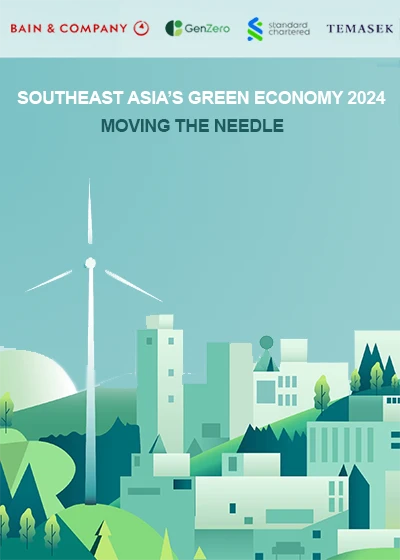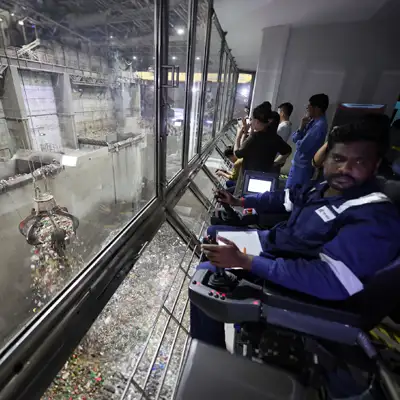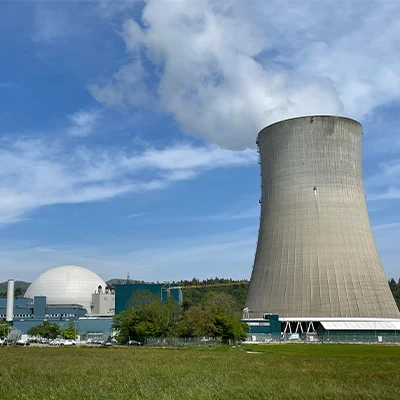Friendly environment for startups
Startups in Singapore benefit from a friendly environment for innovation. For example, the government plays an active role in encouraging international tech talent to come to Singapore through visa programmes such as Tech.Pass.
Singapore is also known for having some of the strongest intellectual property laws in the world, helping startups retain their competitiveness and attracting investors.
Thanks to Singapore’s position as a trading hub, there is a large base of potential customers for Climate Tech, and the Republic also serves as a springboard to other key Southeast Asia markets.
But there are challenges that Singapore’s Climate Tech ecosystem and government need to address before it can take its place on the global stage.
Despite the government’s visa programmes for tech talent, Singapore still faces a critical labour shortage. For Climate Tech startups, finding the right talent is crucial because many of them focus on hardware or deep-tech, and need people with highly specialised skills as well as appropriate research facilities.
High operational costs are another issue. In a Singapore Business Federation survey conducted late last year, 58 per cent of businesses said that rising costs were their top challenges, while 53 per cent cited the availability of staff.
Levelling the Climate Tech playing field
Singapore’s financial industry has historically created many “innovation pull-throughs” – or opportunities for tech to fix problems in legacy solutions.
For example, InsurTech companies disrupted traditional methods for assessing claims and disbursing funds. But in Climate Tech, opportunities aren’t yet as well defined.
A key reason is that governments around the world have implemented different climate policies.
For example, the carbon dioxide equalisation approach adopted by the European Union is different from strategies in the United States (and Australia, which has a chequered climate policy history), resulting in different end-use cases.
This means that Singapore Climate Tech startups currently have a less-defined path for going global, which makes it more difficult to innovate.
Singapore’s tech ecosystem also needs more deal flow. That’s one reason that the venture capital industry hasn’t made more Climate Tech investments yet, because there aren’t that many deals available compared with other sectors.
But as climate policies develop around the world and stakeholders gear up for new regulations, innovation pull-throughs like those seen in the financial industry are developing in Singapore for Climate Tech.









